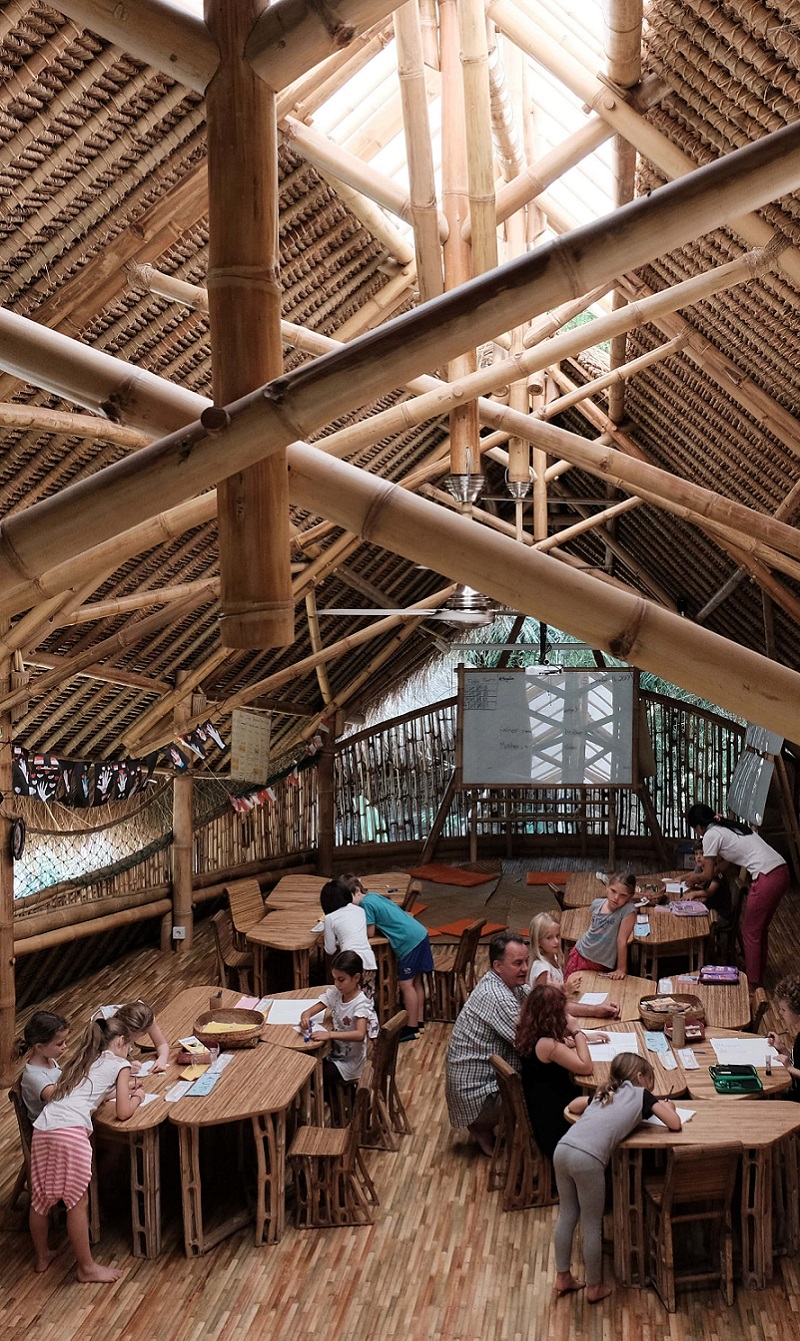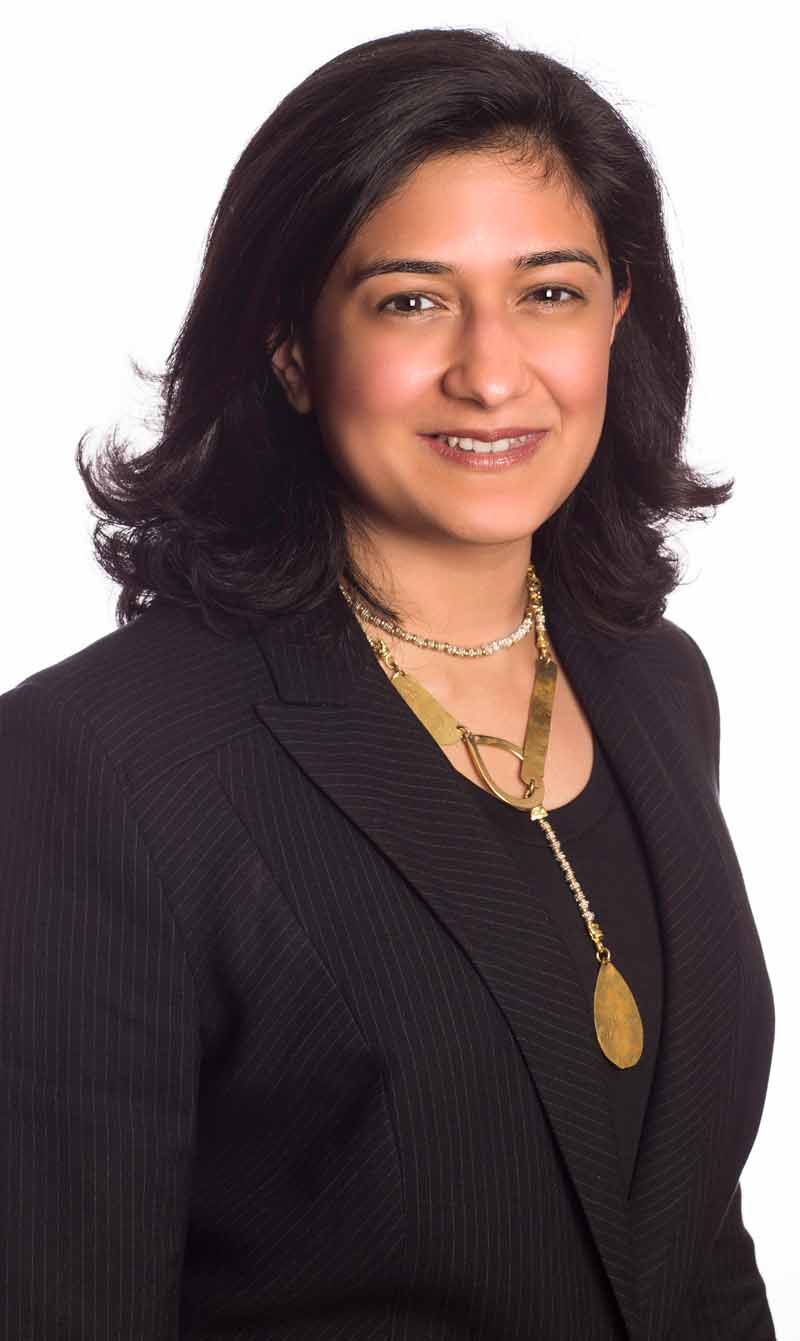Prince Charles address on sustainability
During the 9th WIEF in London, His Royal Highness the Prince of Wales addressed the topic of climate change but also touched on Islamic finance. He also specifically called on big businesses to manage our planet wisely. Here are some excerpts from his special address.
During the gala dinner held on the opening day of the 9th WIEF in London, His Royal Highness the Prince of Wales delivered his address that focused on a topic close to his heart – the environment. A fervent supporter of action on climate change, he called on big businesses to consider the health of the environment alongside their financial goals and to ‘establish new business models and financial structures that incorporate the needs of the Earth.’
He left the audience with two challenges – to have in place the structures and tools to enable the effective management of emerging environmental threats; and to actively consider how big businesses can use their vast financial resources to reduce the systemic risks better education and vocational training to create jobs and small enterprises.
Below are excerpts from HRH’s special address.
‘We are now grappling with all sorts of social and economic challenges that have their roots in a problem not acknowledged, which has contributed to so many of the conflicts around the world in recent times. And that is the way nature’s capital reserves have been depleted; things we take utterly for granted like water and soils. If these deteriorate and are not managed on a sustainable basis, this can cause direct impacts on food and energy security…
‘The recent Fifth Assessment Report from the Intergovernmental Panel on Climate Change contained an explicit warning of what could happen if we don’t more effectively sustain our environment. To do this, we must establish new business models and financial structures that incorporate the needs of the Earth. These fundamental considerations cannot be left out of the economic equations, as they are, in the main, at the moment. Seeking opportunities for profit alone, without taking account of, and managing, foreseeable risks, appears to be an increasingly unwise course of action…
‘However, the truth is that for many senior executives these risks (the strain on natural resources) seem hardly to register. This might be considered surprising, given how we are still grappling with the consequences of the last occasion when the financial community failed to take seriously many well-founded warnings of systemic risk. But, as the work of my Accounting for Sustainability Project has shown, as long as natural capital is considered separate from, rather than fundamental to, financial capital, these hazards will remain obscured.
‘Where, then, might the solutions lie? It is clear from the Qur’an and indeed, from the Bible too, that humanity has a sacred responsibility for the stewardship of the Earth. The time has surely come for our financial institutions to recognise that the Earth is not a limitless resource that can be plundered at will, and to integrate that principle of stewardship into our financial structures. This is where I believe the World Islamic Economic Forum and Islamic – or “Alternative” – Finance can make a significant contribution. What interests me is that it is based on very important teachings at the heart of Islam – the notions of unity through diversity, of equity and compassion, as well as the requirement for natural capital to be properly acknowledged.
‘The perils faced by financial and business organisations are not somehow ring-fenced from the rest of the population, so it is surely a good economy’ of Islam could enable a just and ethical approach towards the management of systemic risk in economics, in business and finance – the way risk-sharing the borrower’s risk, and the notion of Mudharabah, the sharing of profit. This is very different from the way that conventional finance transfers the risk quickly and frequently onto someone else with profit going just one way.
‘There is also a welcome emphasis implicit in Islamic finance on the real economy, and the idea that finance cannot be divorced from wider ethical and moral codes. So, I wonder, is it possible to build financial and business models that seek to share risk more fairly, between our and future generations, between rich and poor and between financial organisations and society? As it stands, I suspect that if the strict injunction of the Qur’an against Riba were to be applied to the economic system that prevails at the moment, then the debt we have effectively incurred for future generations by the depletion of the Earth’s natural capital would surely be found to be usurious and profoundly unacceptable.
‘This is why financial and business organisations that keep to the principles embedded within Islam could be helpful in forging a more ethical approach that leads to equitable outcomes, improving the prospects for successful business and financial stability as it does so. In fact, scaled up, these ideas could help the world achieve a very important realignment whereby effective management of the many threats now besetting us results in more successful – and, crucially, more resilient organisations.
‘…I can only applaud your efforts this week to refine ideas and conceive strategies that will be good for the future of business and finance, but at the same time, surely, they must also be focused on those people and their communities that business and finance serve. And so, with that in mind, I would like to leave you with two questions if I may.
‘Given that the world’s already depleted natural capital is subject to ever rising demand, I wonder, firstly, whether you have the criteria in place, the structures and tools, to enable the effective management of the emerging threats I have mentioned? And, secondly, can you actively consider how the vast financial resources that your organisations manage could best be deployed to reduce the systemic risks and deliver better education and vocational training to create jobs and small enterprises?
‘Ladies and Gentlemen, if I may say so, we are obliged to succeed. To fail would be catastrophic. It has been one of Islam’s great strengths over the centuries that it is compelled to establish a just society. Never has there been a greater need to raise the level of that ambition to a global level. We each have a sacred duty of care towards the Earth. It calls upon us to shoulder this work together. Your meeting here in London can, and indeed must, be a vital part of this endeavour.’
___________________
This is based on a session from the 9th WIEF in London in 2013.





